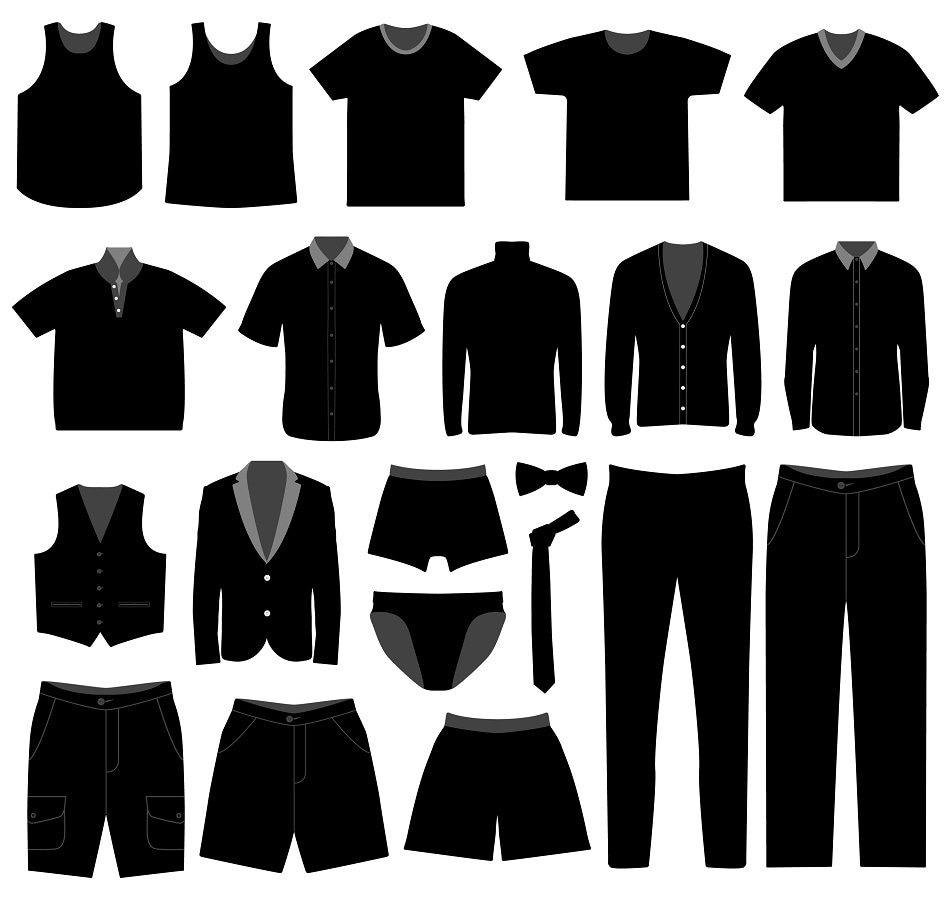Oct 6 2016
 Leremy/Shutterstock.com
Leremy/Shutterstock.com
Batteries used in smart phones as well as other portable electronic devices normally dry out during inopportune times.
Scientists have attempted to create fibers as an alternative to batteries and incorporate these fibers in clothing to power these portable devices. However, several of these fibers may not be able to withstand clothing manufacturing, particularly during the weaving and cutting process.
In a study published in the journal ACS Nano, researchers reported the development of the first fibers that can be woven into tailorable textiles to collect and discharge solar energy.
Xing Fan, Wenjie Mai and colleagues produced two distinct types of fibers to capture solar power. One of the fibers contained titanium agent or a manganese-coated polymer with zinc oxide, an electrolyte and a dye. Then, these fibers were connected with copper-coated polymer wires to produce solar cell textile. In order to store power, a second type of fiber was developed by the researchers. This fiber contained a thin carbon shell to avoid oxidation, titanium, titanium nitride and an electrolyte. These types of fibers were woven along with cotton yarn.
The combination of the new materials helped researchers form a flexible textile that could be cut and tailored into a ‘smart clothing’ that can be fully charged by sunlight. According to the researchers, this garment could potentially power small portable electronic devices including phones and tablets.